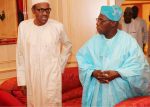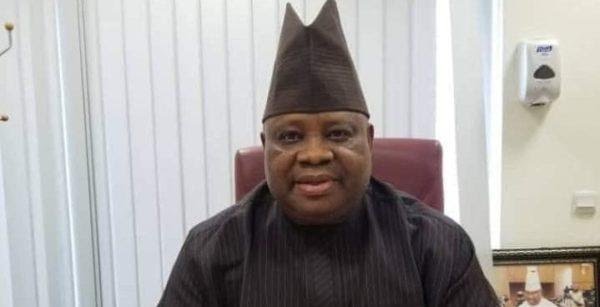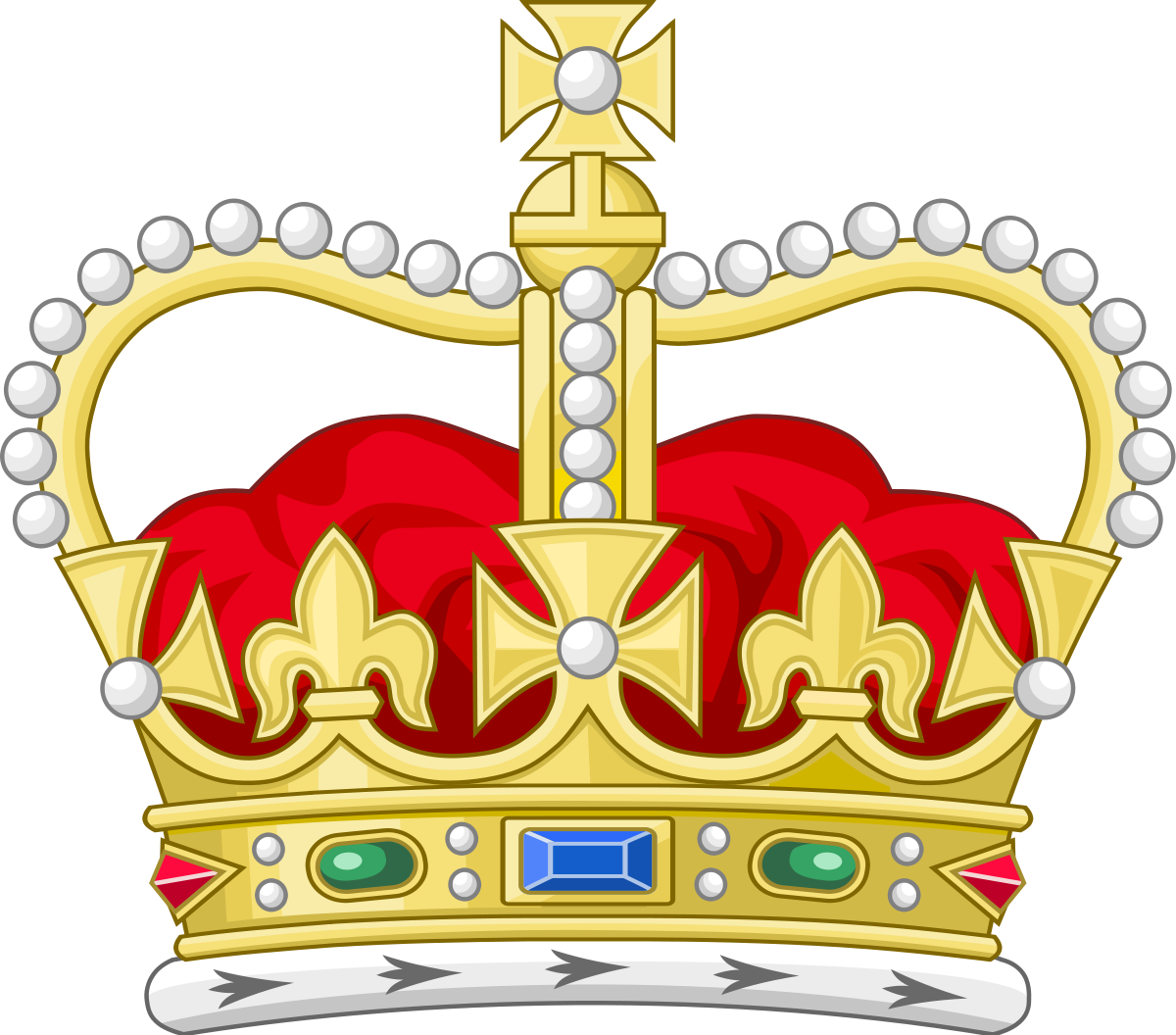Honour to Whom it is not (yet) Due, by Lekan Sote
Soon men and women of noble character and some obvious scoundrels will begin to jostle for Nigeria’s annual roll of honour, when they will receive beribboned medallions and citations of the Grand Commander of the Federal Republic (usually surreptitiously awarded to Nigerian Presidents soon after they are sworn into office), Commander of the Federal Republic, Officer of the Federal Republic and Member of the Federal Republic.
The other order of honours, the Grand Commander (usually awarded to Vice Presidents and Chief Justices of Nigeria), Commanders (the preserve of first class traditional rulers), Officers and Members of the Order of the Niger, are one notch lower than the Order of the Federal Republic.
Nigeria’s honour roll, which curiously celebrates appointment over achievement, is a profound statement against merit. It places the honours cart ahead of the merit horse in a manner that upsets Nigeria’s value system. Scoundrels who manage to go pass the eye of the needle are honoured by a government that should have kept them in gaol.
Both orders, usually hung around the necks or pinned to the chest of individuals who attained high offices, have lately become objects that are actively coveted by the rank of Nigeria’s plebeian stock, some of whom are outright criminals, who know somebody who knows somebody in the corridors of power.
The Nigerian National Honours Act No: 5 of 1964 was instituted to honour Nigerians who have rendered service to the benefit of the country. They are a set of orders and decorations conferred on deserving Nigerians, as well as worthy friends of Nigeria.
For some inexplicable and non-apparent reason, the Act provides that the Grand Commander of the Order of the Niger should be conferred upon Chief Justices of the Federation of Nigeria within their first year in office. And, accordingly, Acting President Yemi Osinbajo conferred the honour on Honourable Justice Walter Samuel Nkanu Onnoghen few moments after he was sworn in as CJN. This is in contrast to the provision that Grand Commander of the Federal Republic should be conferred on former Presidents and Heads of State, the same way the Grand Commander of the Order of the Niger should be conferred on former Vice Presidents. Indeed the Act prescribes that they shall receive their honours “for distinguished public service.” This presumes that they must have left office.
The Act also provides that even military honours, like The Nigeria Star, The River Niger Star, The River Benue Star, The Distinguished Service Star, can only be awarded after an officer or personnel of the other ranks in any of Nigeria’s armed forces has displayed bravery, gallantry and act of valour, even self-sacrifice, but “in the presence of the enemy.”
As for The Forces Service Star, and The Loyal Service and Good Conduct Star, you can only receive them after you must have served the fatherland in any of the armed forces for at least 12 and 16 years, respectively.
In feudal Europe, where the idea of these honours was derived, a knight, just a step below a baron and the lowest on the honours totem pole with the sovereign or king at the top, is usually of gentle birth. After being formally admitted into this military rank of service to a liege, a knight can be addressed as “Sir.” The orthodox churches also award this rank of privilege to worthy laity.
Nigerians celebrate appointment over achievement by holding elaborate thanksgiving services in churches or mosques just because they got appointments as Secretary to the Government of the Federation, President of the Senate, Speaker of the House of Representatives, Minister, Chief of any of the armed services, the police, even press secretary.
On such occasions, there is usually a large turnout of friends, family, well-wishers, enemies-like-friends, even traditional rulers and not so close acquaintances, at the “poposhinshin,” or celebratory extravaganza. Most have come merely to register their presence so that the new appointee will remember them for good. Remember the song, “Pass me not O gentle Saviour?”
A peek at the history books should reveal that Nigerians who received honorific awards, like Member of the Order of the British Empire, just before the departure of the British colonialists had chalked up some impressive level of achievement before the conferment.
A musician, like Isaac Kehinde ‘IK’ Dairo, who got an MBE, and political or judicial appointees, like Prime Minister Abubakar Tafawa Balewa and Chief Justice Adetokunbo Ademola, who all got knighted, had recorded some degree of achievements in service to the colonial government before they received their honours.
When you observe the less than stellar performance of Nigerians in high political office, especially after they got their underserved honours, you will realise that Nigerians regard appointments as ends in themselves rather than a means to rendering patriotic service to the nation.
Government must go back to the provisions of the Act, which prescribe that honours can only be conferred on political appointees after they must have completed their tour of duty honourably. Consider those military officers who received these honours medal soon after becoming service chiefs and were reported to have criminally diverted funds budgeted to purchase military hardware into private use.
Those certainly cannot be regarded as honourable. As a neighbour says, “apaniyan niyen now.” That is the Yoruba description of a cold-blooded murderer. If Salisu Buhari, who was below 30 years and contested for the House of Representatives with forged university certificates, had not been found out early enough, he would have received the GCON and be considered worthy of the honour.
But, the remedy in the Honours Act would have been applied for those who fall short of expectations. Section 7(1) of the Act provides that “If it appears to the President, after such inquiry (if any) as he thinks fit, that the holder of any rank of an Order has conducted himself in a manner inconsistent with the dignity of the Order, the President may, by notice of the Federal Gazette, deprive (such a person) of the rank.”
This matter of undeserved or unmerited honour becomes even more pertinent when you consider the grave allegations made by Prof Mahmud Yakubu, Chairman of the Independent National Electoral Commission, against political party leaders.
He accused them of presenting ex-convicts and candidates with forged certificates to the Independent National Electoral Commission for election into public offices. Nigeria’s Constitution provides that anyone under a death sentence, imprisonment or fine for dishonesty, fraud or contravention of the Code of Conduct, or has served such terms within a period less than 10 years, cannot contest election to executive or legislative offices.
In suggesting the scrapping of the honours roll, someone pointed out that Section VI of The Articles of Confederation of America, a country much admired by Nigerians, provides that “(No) person holding any office of profit or trust under the United States… shall accept any… office or title… from any foreign king, prince, or foreign state: nor shall the United States in Congress assembled… grant any title or nobility.”
He explains that is why America’s President Donald Trump, his Vice President, Michael Pence, even ex-President Barak Obama and ex-Vice President Joe Biden, and their sundry predecessors, remain on Plebe Street, without any special titles, except for being simply ‘Mister’. This is after the exes had done a yeoman’s job running probably the world’s most complex government bureaucracy.










